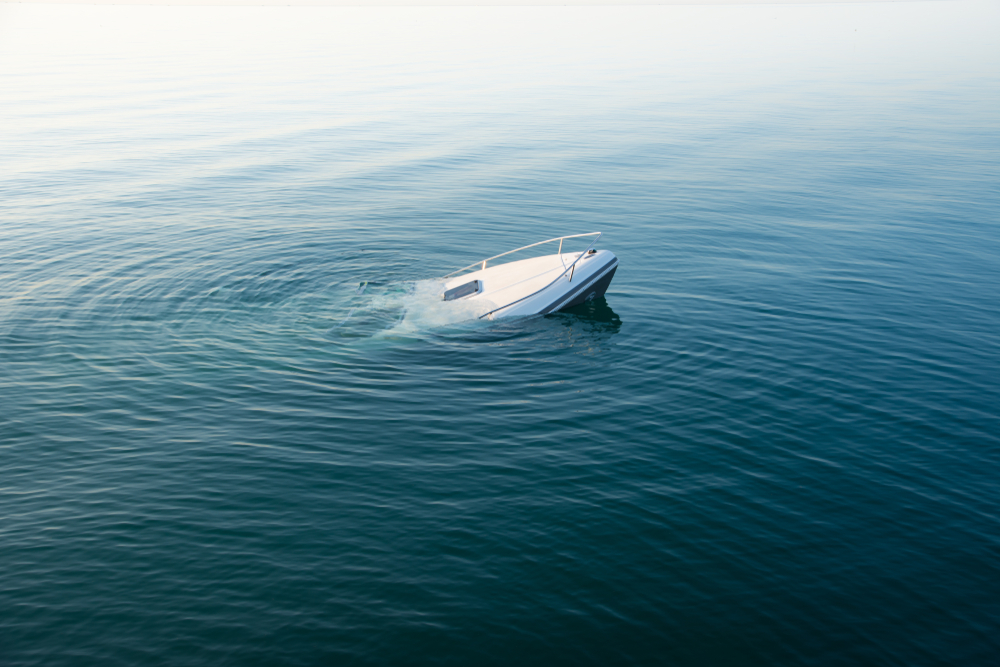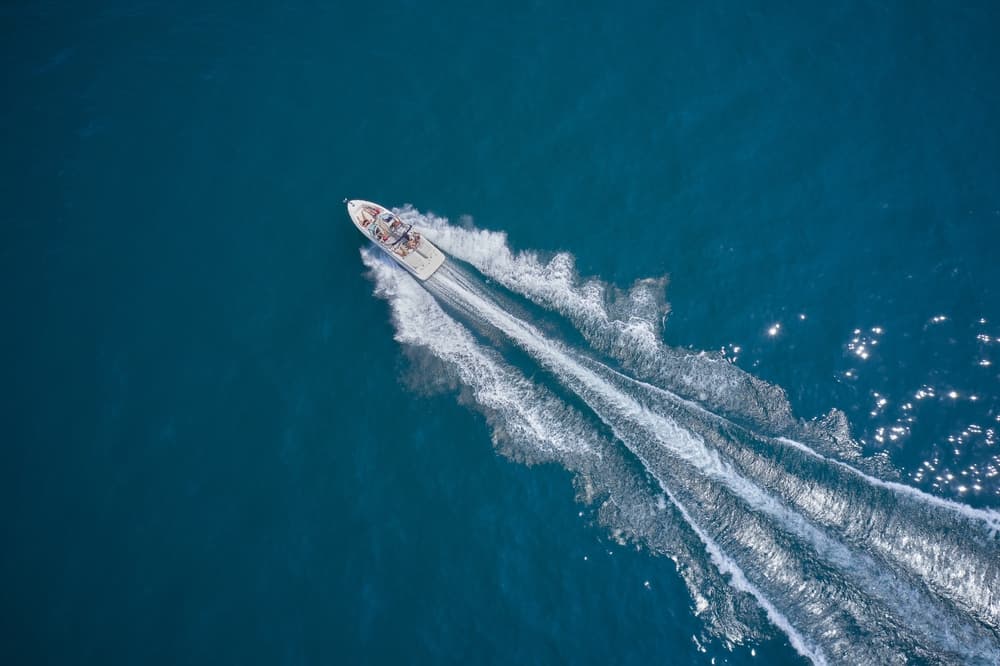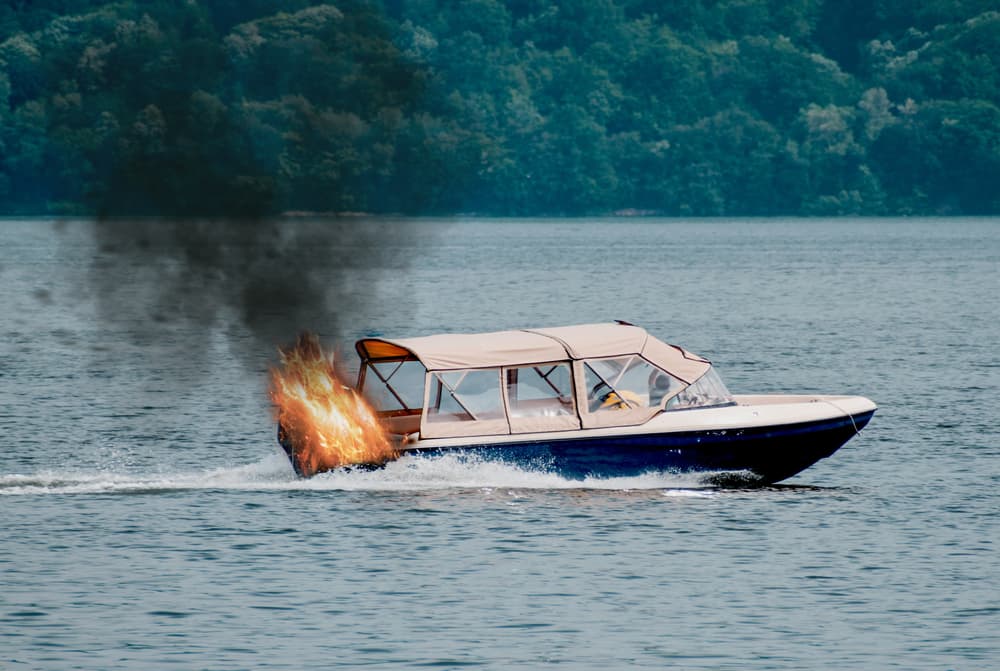Taking your watercraft out on the open water is undoubtedly an exciting opportunity to discover the joys of being a boater. While the allure of adventure is apparent, there are many other factors to consider, including instances which may damage your boat. Navigating these potential hazards skillfully is a keen ability, especially since these dangers can inflict costly and catastrophic harm to your cherished vessel.
Within this post, we’ll delve into the predominant culprits behind boat damage and shed some light on the risks that demand attention from all boat operators. Whether you boast years of experience or are a novice eager to explore the water, comprehending these recurring causes is pivotal for safeguarding your watercraft’s longevity and safety. Let’s get started:
Collision and Impact
Collisions with docks, piers, submerged objects, and other boats are major contributors to boat damage. These kinds of accidents can cause issues cosmetically and mechanically. A ding or a scratch can be an easy fix, but serious structural issues often result from collisions. The extent of this damage depends on:
- The objects involved
- The speed at which the boat was moving
- Your vessel’s preexisting structure and condition.
To avoid damage caused by collisions, it’s best to stay alert when boating and pay keen attention to navigational aids, like depth finders.
Improper Maintenance
Keeping up with regular maintenance requirements for your boat can mean a unique to-do list. Cleaning, including wiping down seats and pressure washing the exterior, proper lubrication and oil checks, and 360 inspections for wear and tear are crucial to ensuring your watercraft is in top condition. Skipping over essential maintenance tasks can lead to various degrees of damage, including:
- Electrical system failures
- Engine and mechanical problems
- Paint and gel coat damage
- Plumbing and water system issues
Water Corrosion
Many believe boats are immune to water damage since they’re designed to sit in the water for extended periods. However, this is a misconception. Constant water exposure, especially to salt water, can eventually cause corrosion in the metal components of your vessel. The result is a structural weakness that can quickly impact other parts of your boat.
As a best practice, regularly take your boat out of the water and wash it. Once done, allow it time to dry. This is an essential process when preparing to winterize your vessel. Corrosion-resistant coatings are also available to apply over the metal components of your boat, such as the fittings, cleats and fasteners, to prevent rusting.
Grounding
Whether you’re adventurous about where you boat or prefer to stick to one body of water, knowing the water depths at all times is something you can’t afford to overlook. Shallow areas can be hazardous to navigate through, particularly when the boat’s hull comes into contact with the bottom of the water, which is known as running aground or grounding. Grounding can have severe consequences for the structure of your boat, such as:
- Scrapes, cracks, and punctures in the hull
- Damage to the keel and rudder
- Propeller damage
Before heading out on the water, consult navigation charts to steer clear of shallow waters safely. Consider adding a depth finder to your vessel if you don’t already have one, which can provide real-time updates on how deep the water is.
Capsizing or Swamping
When there are sudden shifts in weight, extreme waves, wind, or cases when you exceed the boat’s weight capacity, your vessel may take on water quickly and without warning. This can result in capsizing or swamping.
- Capsizing: When a boat is rolled on its side or upside down
- Swamping: When a boat remains upright but is filled with water
When large amounts of water overtake a boat, the damage can be extensive. The boat’s equipment, engine, and electronic components can malfunction due to water exposure, and in the worst case, the vessel may sink altogether. To avoid capsizing or swamping, check weather conditions before you take your boat out on the water. Additionally, always pay attention to weight capacity and distribute it evenly on board.
Equipment or Engine Failures
Engine and equipment failures pose significant risks to boats. When a boat’s engine malfunctions, it can leave you stranded or, worse, in dangerous waters. Routine maintenance is crucial to prevent engine damage resulting from neglected oil changes, overheating, or fuel system issues.
Similarly, equipment failures, like faulty navigational instruments or electrical systems, compromise safety and functionality. These issues can lead to accidents, expensive repairs, and even sinking in extreme cases. Regular inspections, maintenance, and prompt repairs can ensure your boat stays afloat and operates safely on the water.
Extreme Weather
Extreme weather can wreak havoc on boats, even when tied safely to a dock or marina.
- Heavy rain can lead to flooding, overwhelming bilge pumps.
- Hail can dent and damage boat surfaces.
- Freezing temperatures can harm engines and pipes, leading to costly repairs.
- Extreme heat can cause material deterioration.
- Sun exposure can fade and weaken paint and upholstery.
To safeguard boats from these elements, owners must follow proper mooring procedures, secure covers, and perform regular maintenance. Keeping an eye on weather forecasts and knowing when to stay ashore is equally crucial for safety.
Protect Your Vessel with Boat Insurance
With the excitement of owning and operating a watercraft also comes the responsibility of addressing various possible scenarios in which damage can occur. Vigilance and proactive measures are essential to ensure your vessel is safe and operable, but in some cases, unforeseen circumstances can still happen.
At Portside Insurance, we understand this better than anyone. Boat insurance provides the peace of mind that no matter your level of experience, nor the type or age of the watercraft, your boat is adequately protected in numerous instances and events. Our policies can be customized to suit your vessel’s unique needs, making you feel secure in whatever waters you choose to explore. Contact us today to learn more about the types of policies we offer.



